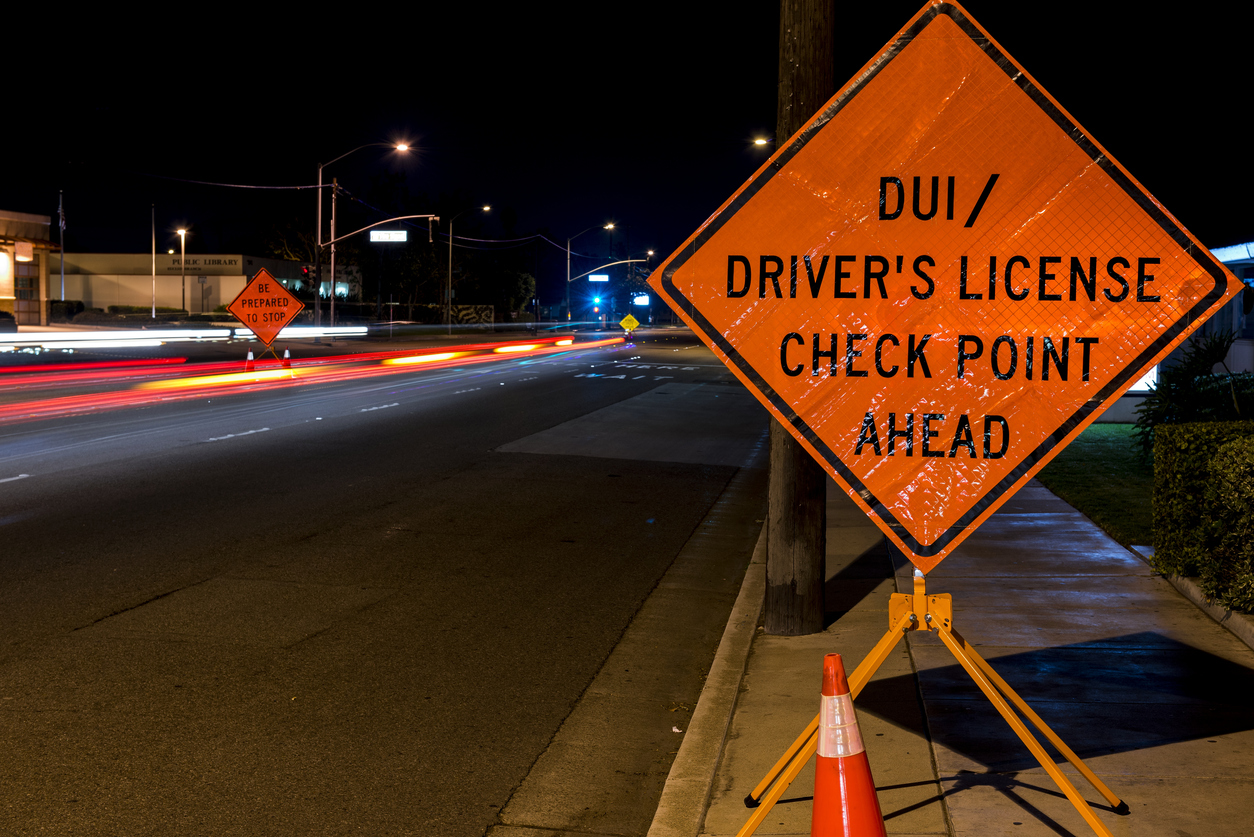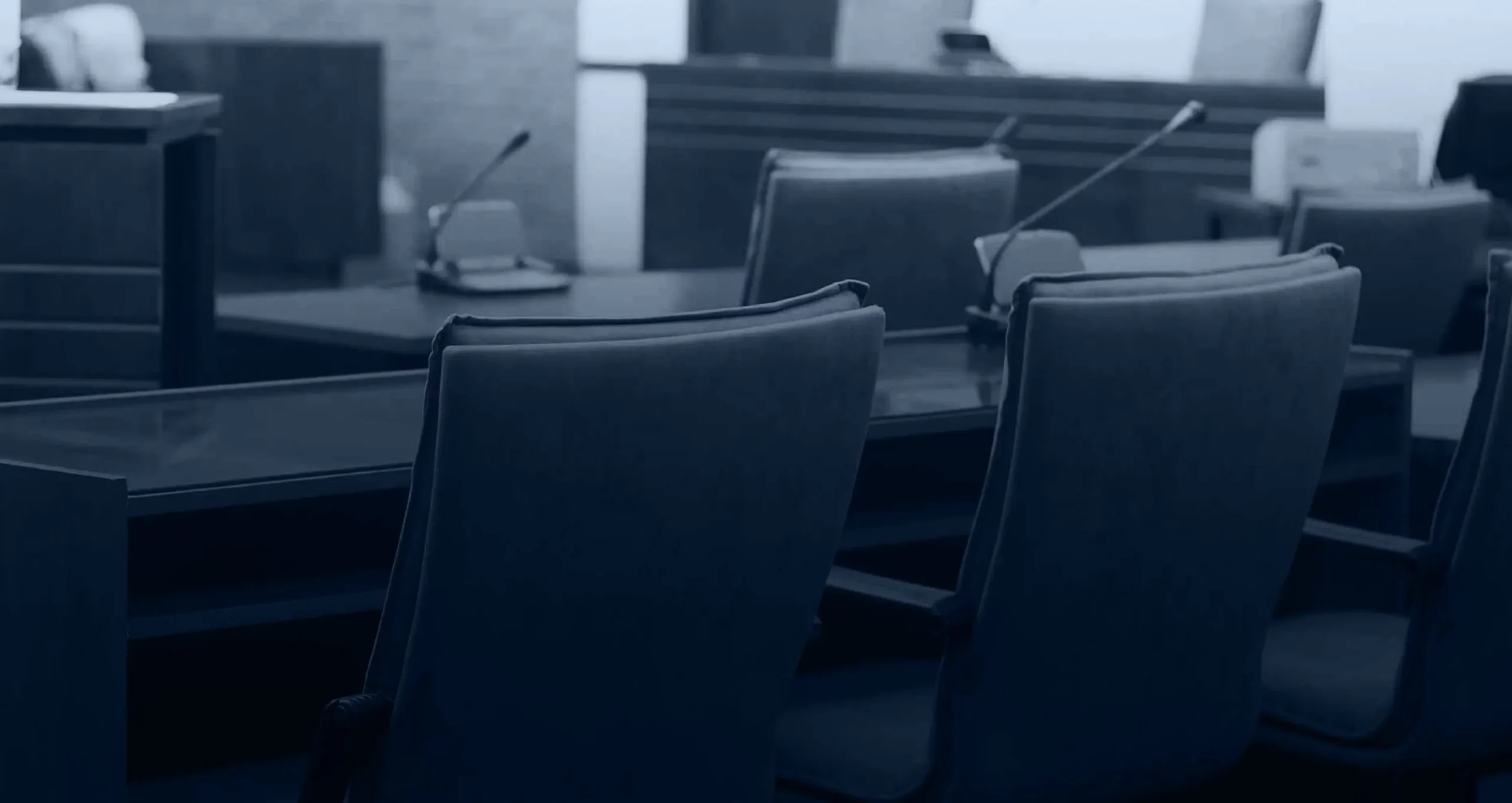If you’ve ever heard terms like DUI, DWI, or DWAI used in relation to drunk or drugged driving charges, you might be confused about what they mean. Although they all refer to impaired driving, the exact definitions and penalties vary depending on the state. Understanding the differences between DUI, DWI, and DWAI is essential if you’re facing charges or trying to make sense of legal language in Illinois and beyond.
What Is a DUI?
DUI stands for “Driving Under the Influence.” In most states, this charge applies when a driver is operating a vehicle while impaired by alcohol, drugs, or both. Illinois uses the DUI label to cover all impaired driving cases.
A driver can be charged with DUI in Illinois if:
- Their blood alcohol content (BAC) is 0.08% or higher
- They are under the influence of alcohol to the extent that it impairs safe driving
- They are under the influence of drugs, even if they have a valid prescription
- They have any amount of certain illegal drugs in their system
DUI is the primary term used in Illinois law and covers a broad range of impairments.
What Is a DWI?
DWI means “Driving While Intoxicated” or “Driving While Impaired,” depending on the state. Illinois does not use this specific term, but other states like Texas or New York do. In some jurisdictions, DWI and DUI are interchangeable. In others, they represent different levels of impairment.
For example:
- In Texas, DWI typically refers to alcohol-related offenses, while DUI may apply to underage drivers
- In New York, DWI is used for higher BAC levels (0.08% or more), while DWAI covers lower levels
Even if you’re not charged with a DWI, understanding how these terms are used elsewhere can help you interpret reports, news stories, or out-of-state convictions.
What Does DWAI Mean?
DWAI stands for “Driving While Ability Impaired.” It is primarily used in New York and Colorado. This term usually applies when a driver’s BAC is between 0.05% and 0.07%. This level is below the legal limit in most states, but still enough to impact driving ability.
DWAI charges are less severe than DWI or DUI but still carry penalties, including:
- Fines
- License restrictions
- Mandatory driving courses
- Possible jail time for repeat offenses
DWAI is not recognized in Illinois law, but other states may report it as a prior offense if you’re ever charged with DUI in Illinois.
Penalties for DUI in Illinois
In Illinois, DUI charges can lead to serious consequences, especially if there are prior convictions or aggravating factors.
These can include:
- License suspension or revocation
- Fines and court costs
- Jail time or community service
- Mandatory alcohol or drug education programs
- Installation of an ignition interlock device
A first-time DUI in Illinois is usually a misdemeanor, but it can be elevated to a felony if the offense involves injuries, children in the car, or prior convictions.
How Do Out-of-State Convictions Affect You in Illinois?
Illinois is part of the Driver License Compact, meaning DUI, DWI, and DWAI convictions from other states can still affect your Illinois driver’s license.
If you’re convicted elsewhere, Illinois may:
- Suspend or revoke your license
- Count the conviction as a prior offense if you’re charged again
- Require completion of a rehabilitation program
Even though terms and definitions vary, the outcome of impaired driving charges can follow you across state lines.
Contact the Rockford DUI Accident Lawyers at Zayed Law Offices Personal Injury Attorneys for Help Today
While DUI is the standard term in Illinois, understanding DWI and DWAI can help you navigate out-of-state issues or compare how different jurisdictions handle impaired driving. No matter what it’s called, impaired driving charges carry serious consequences.
If you’ve been arrested for a DUI in Rockford or have concerns about your legal rights, Zayed Law Offices Personal Injury Attorneys is here to help. Contact our Rockford DUI accident attorneys to protect your license, finances, and future. We offer free consultations.
We proudly serve Cook County, Will County, Kendall County, and their surrounding areas:
Zayed Law Offices Personal Injury Attorneys – Rockford Office
318 N 1st St, Rockford, IL 61107
Phone:(815) 662-0330
Hours: Open 24/7
Zayed Law Offices Personal Injury Attorneys – Chicago Office
10 S La Salle St STE 1230, Chicago, IL 60603
Phone:(312) 766-8195
Hours: Open 24/7
Our firm is located near you. We have an office in Chicago
Find us with our GeoCoordinates: 41.8815493,-87.6327515








